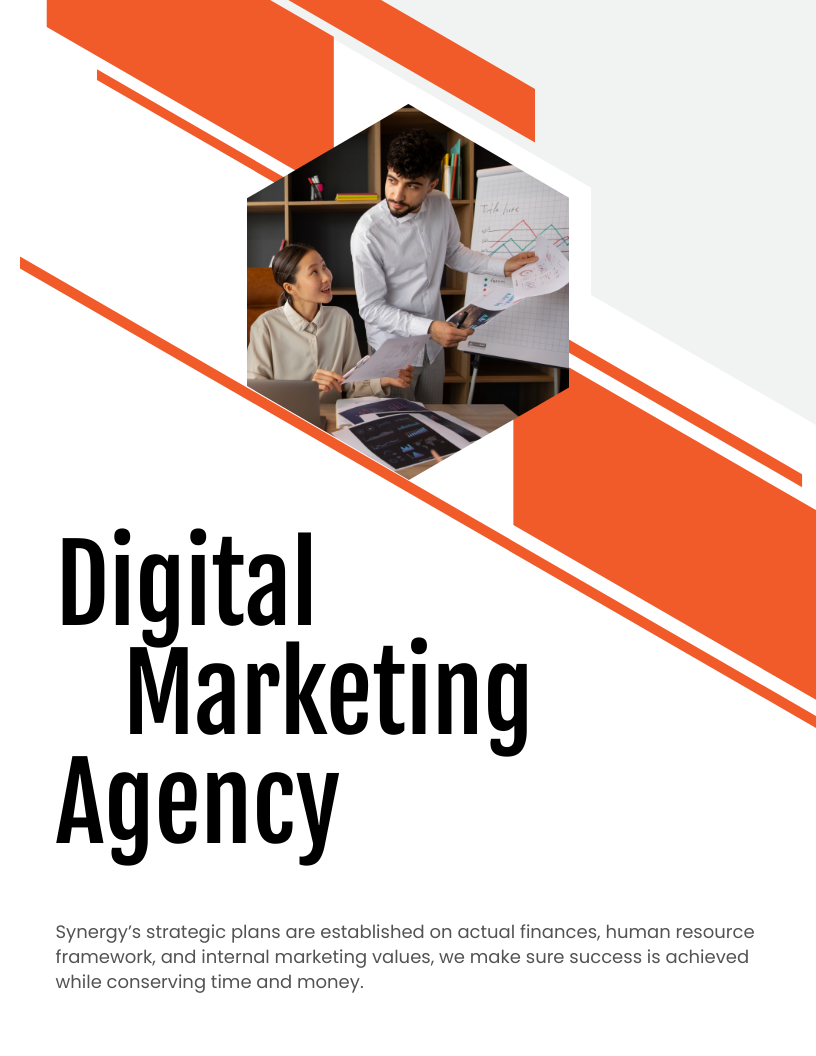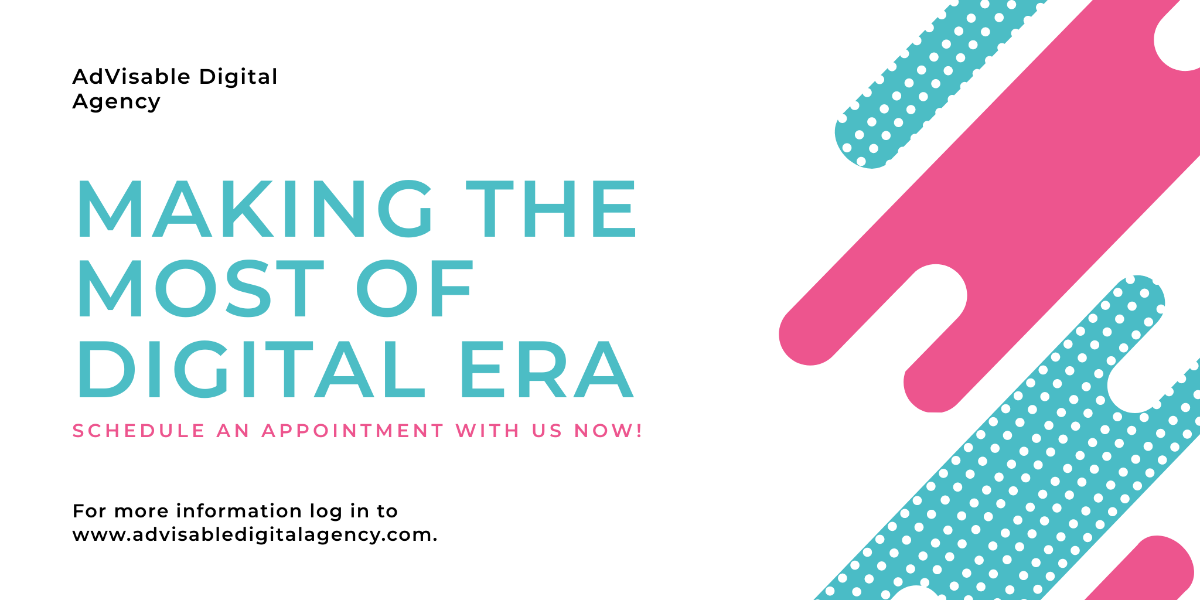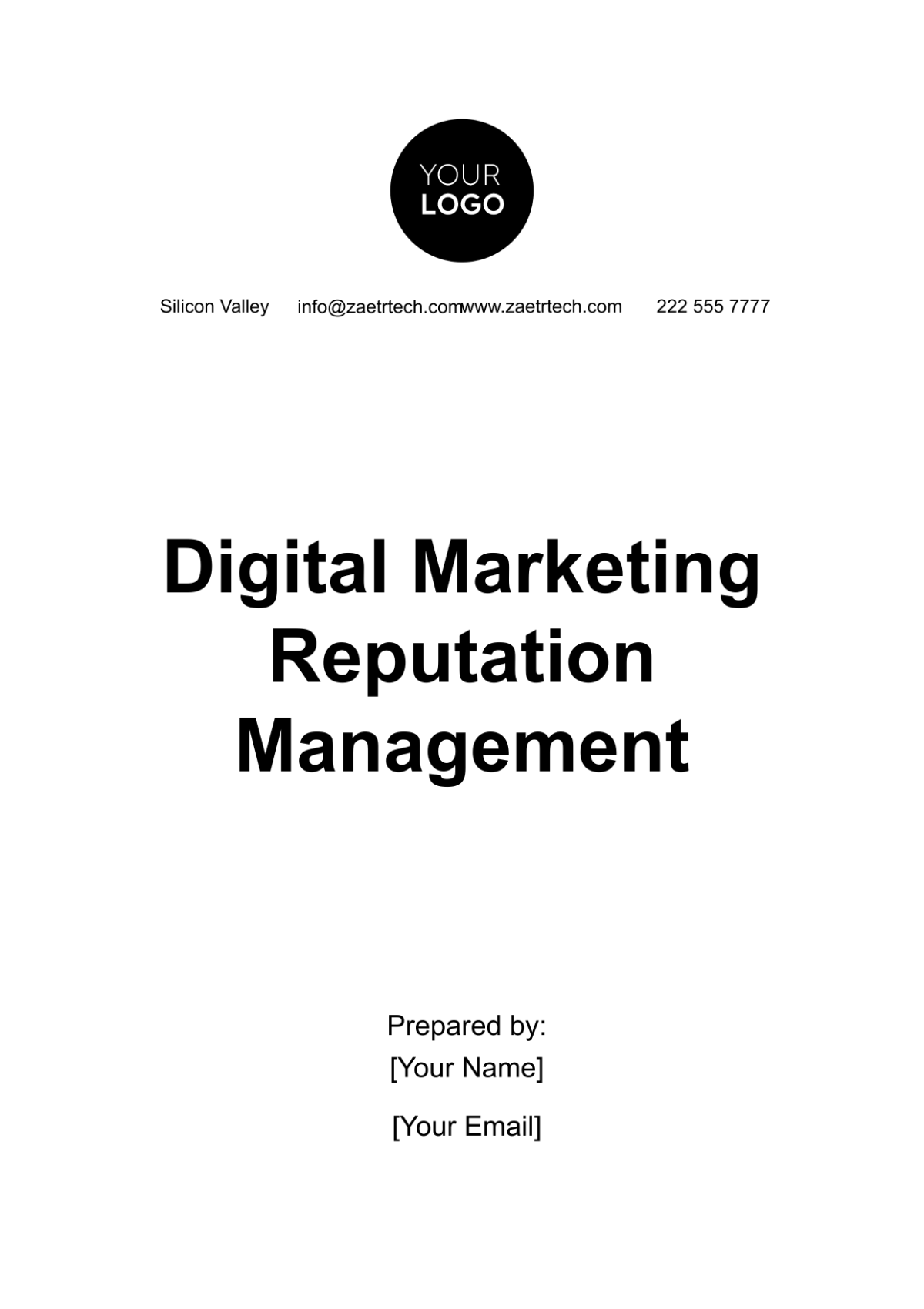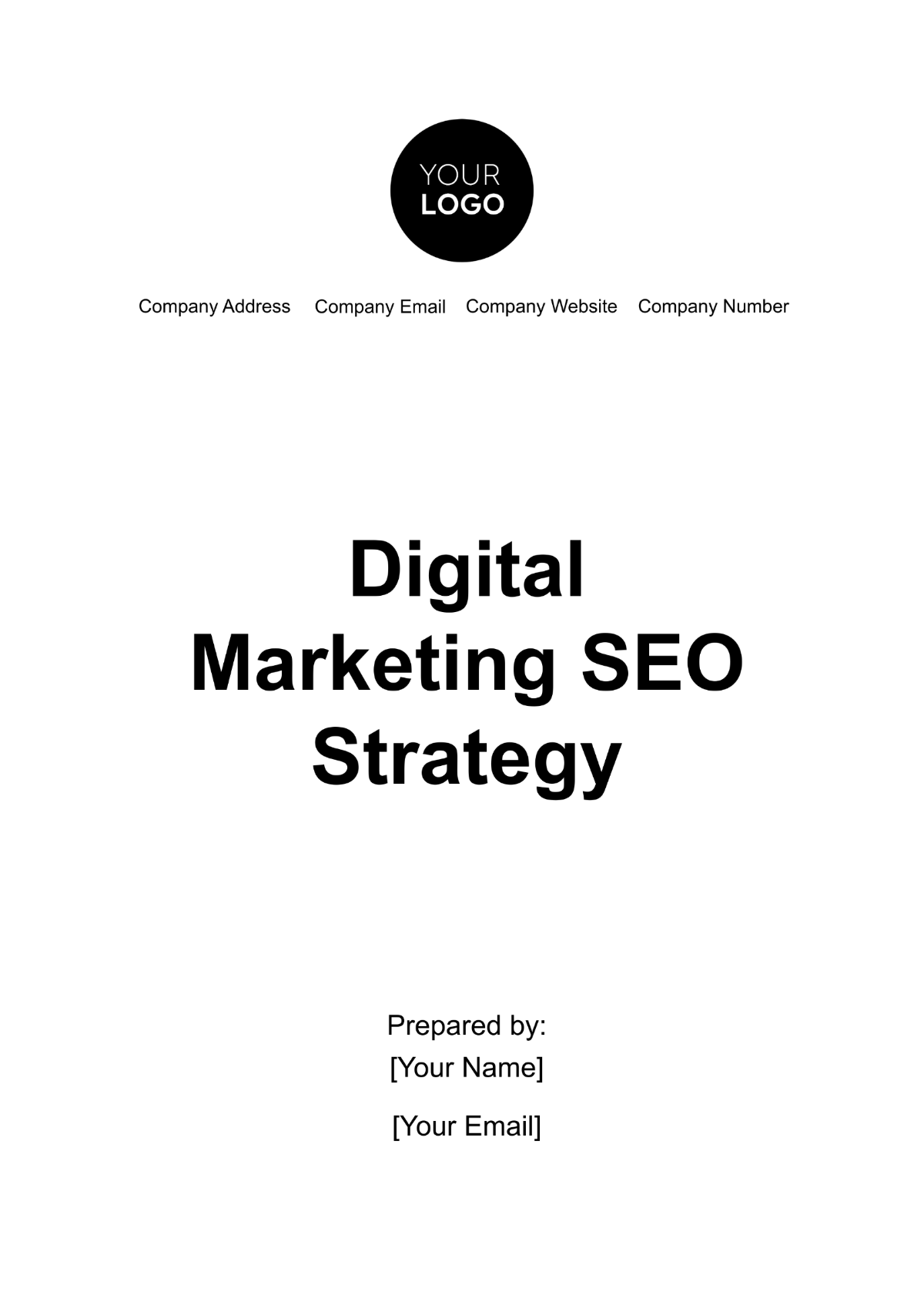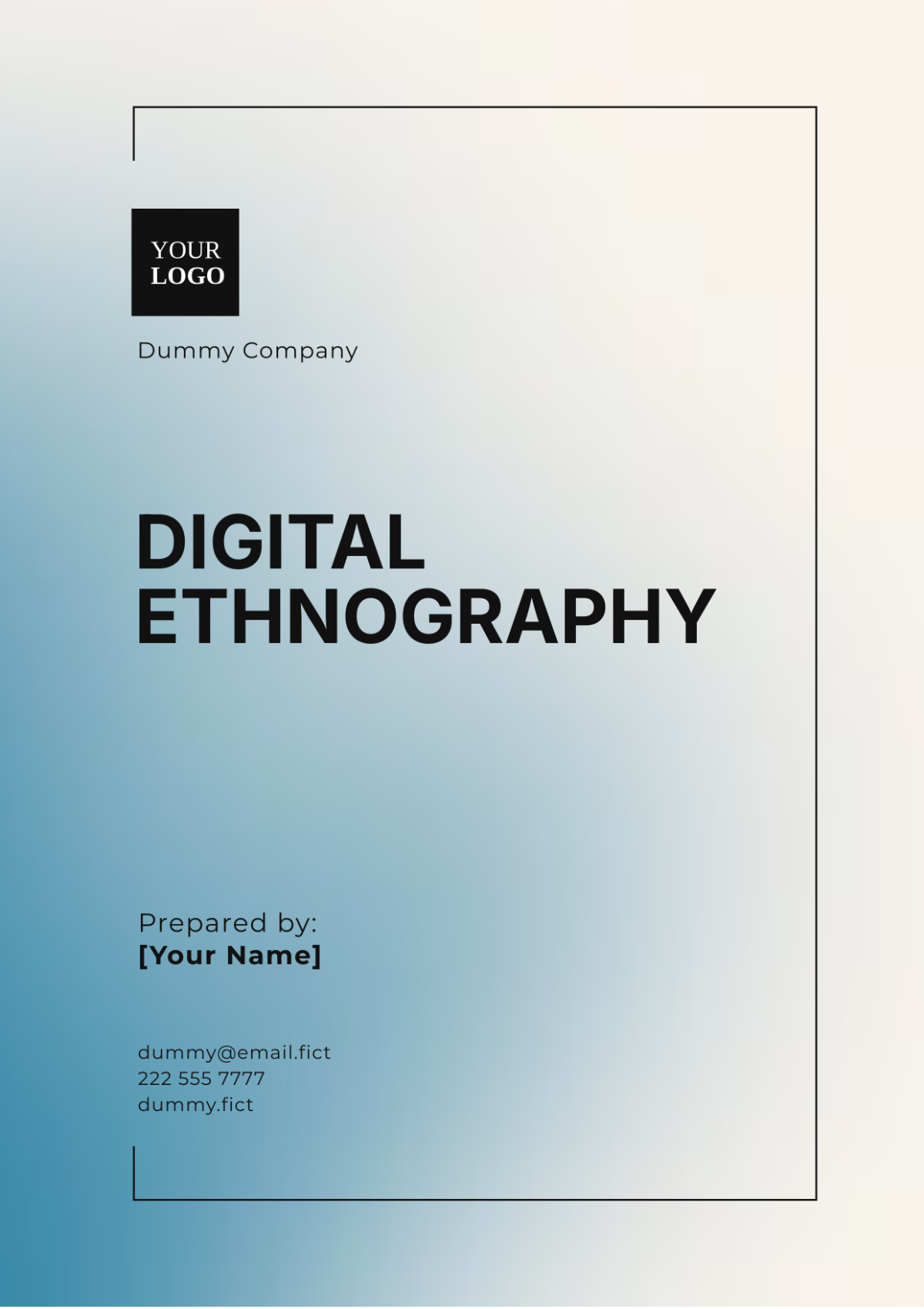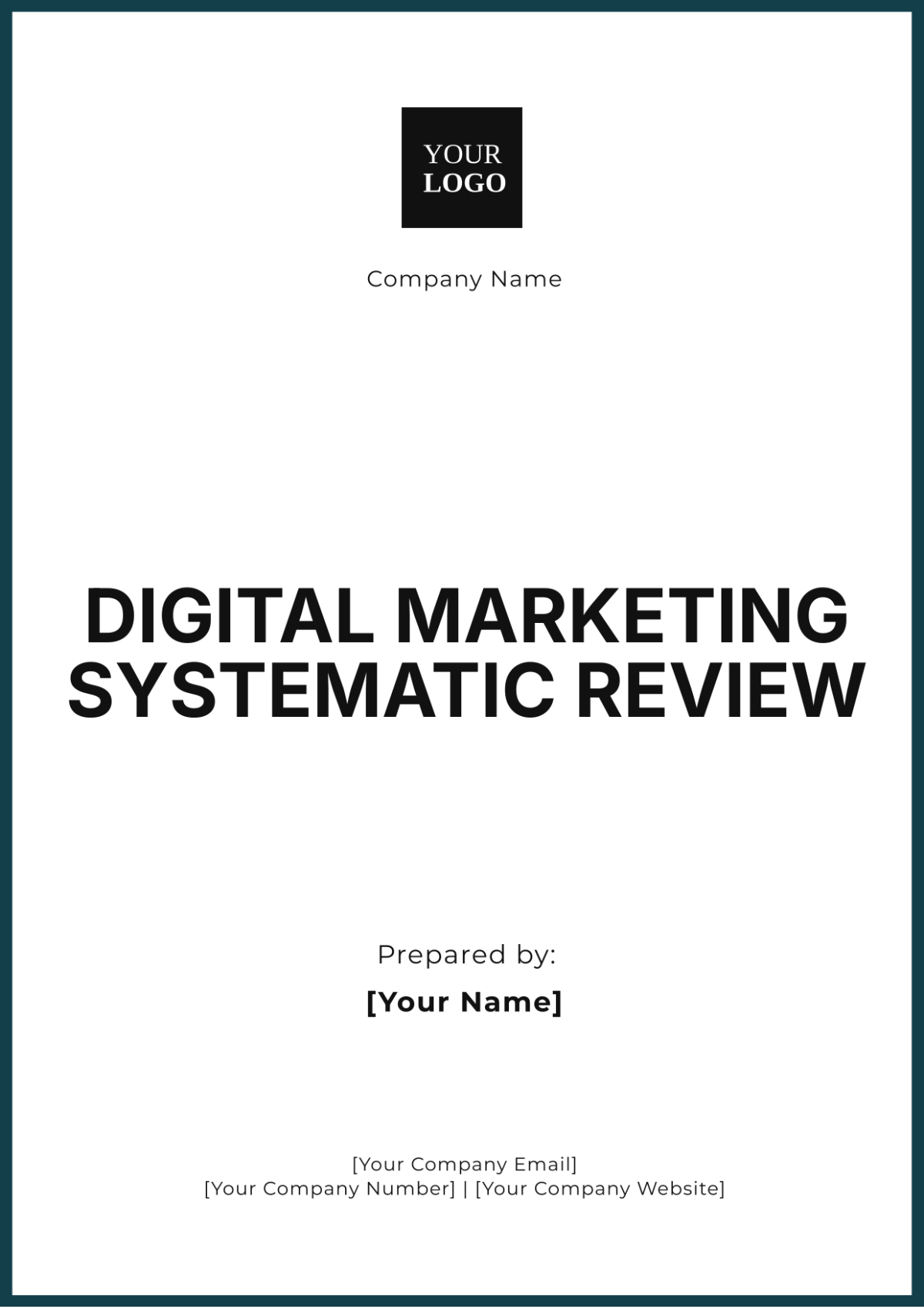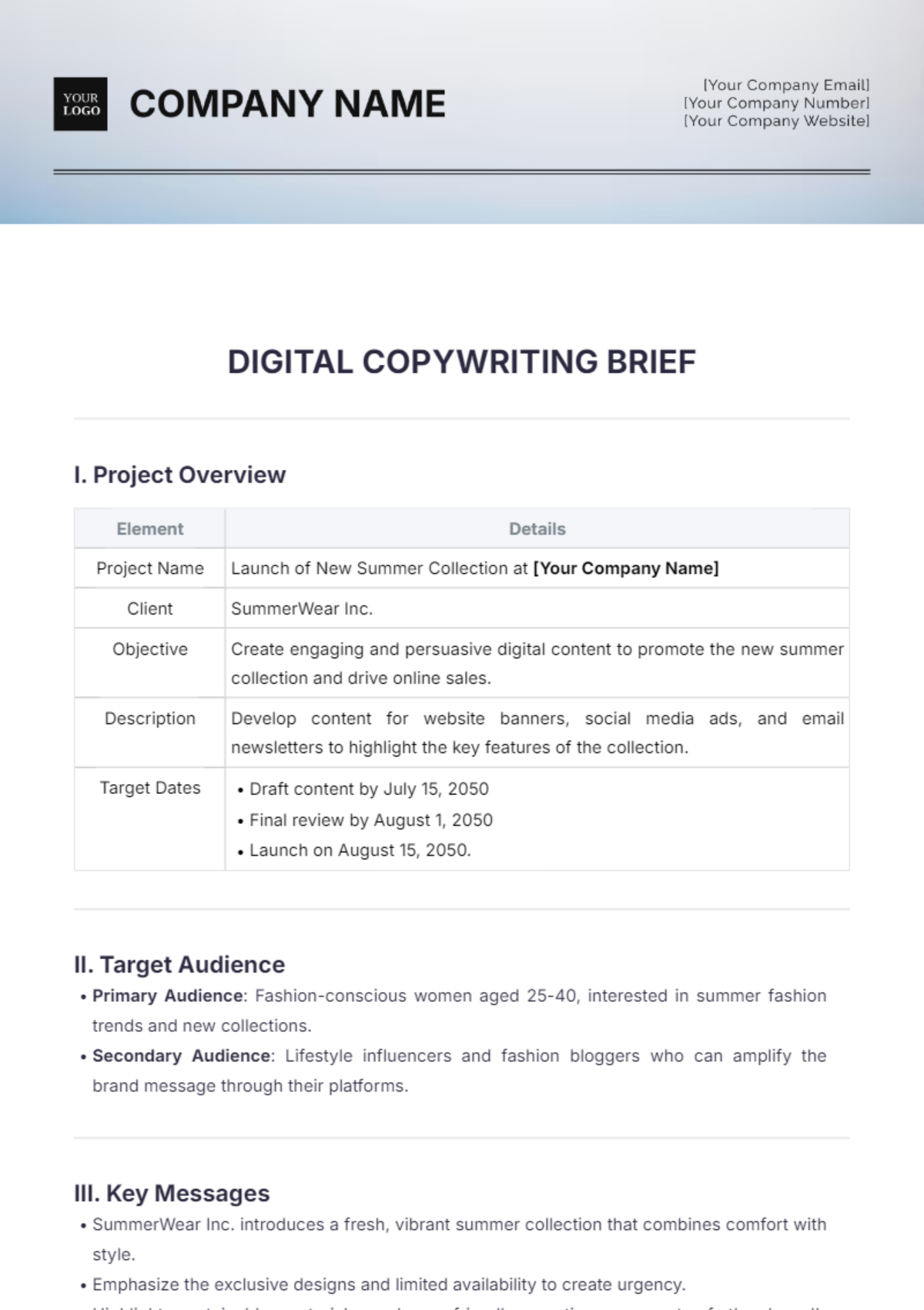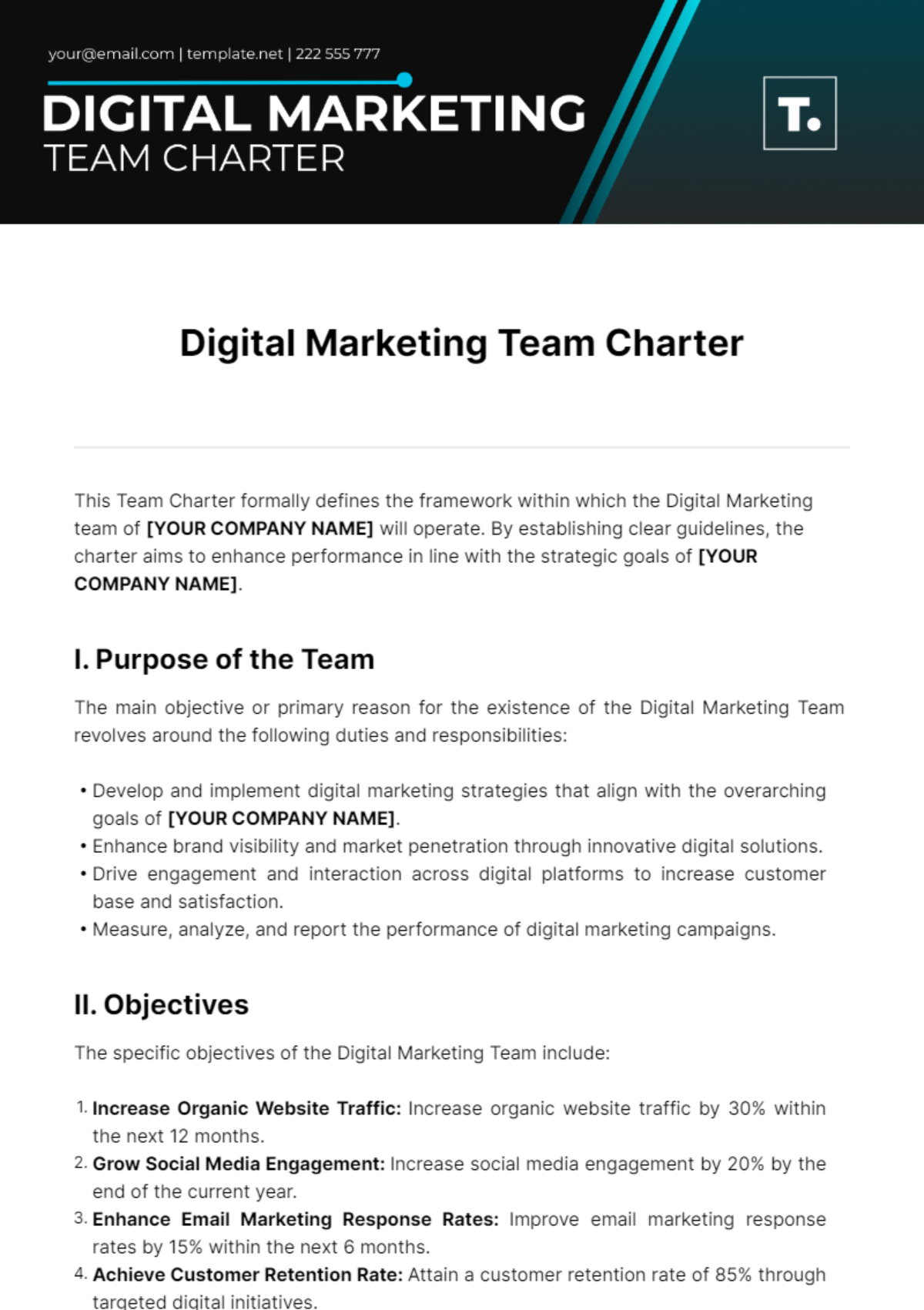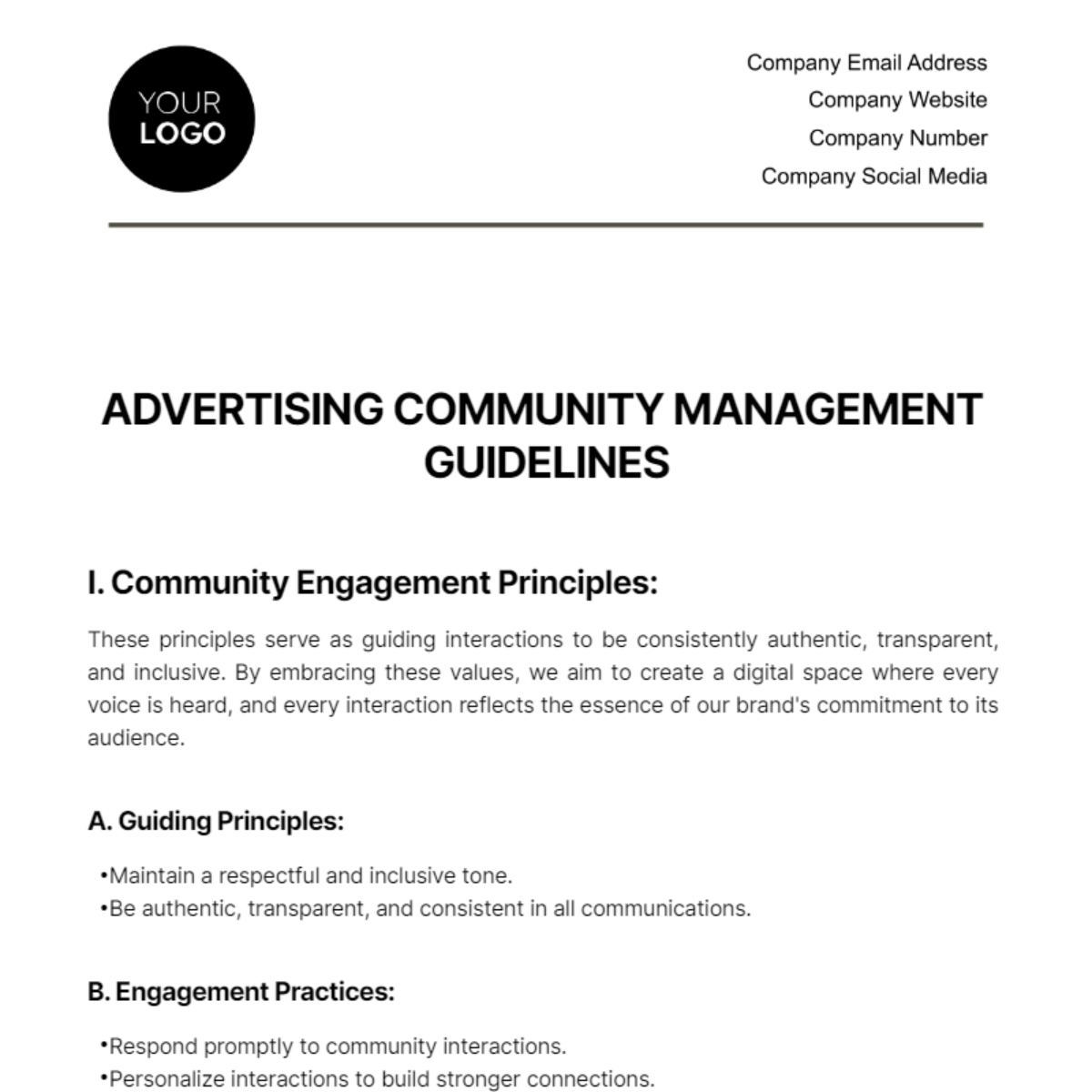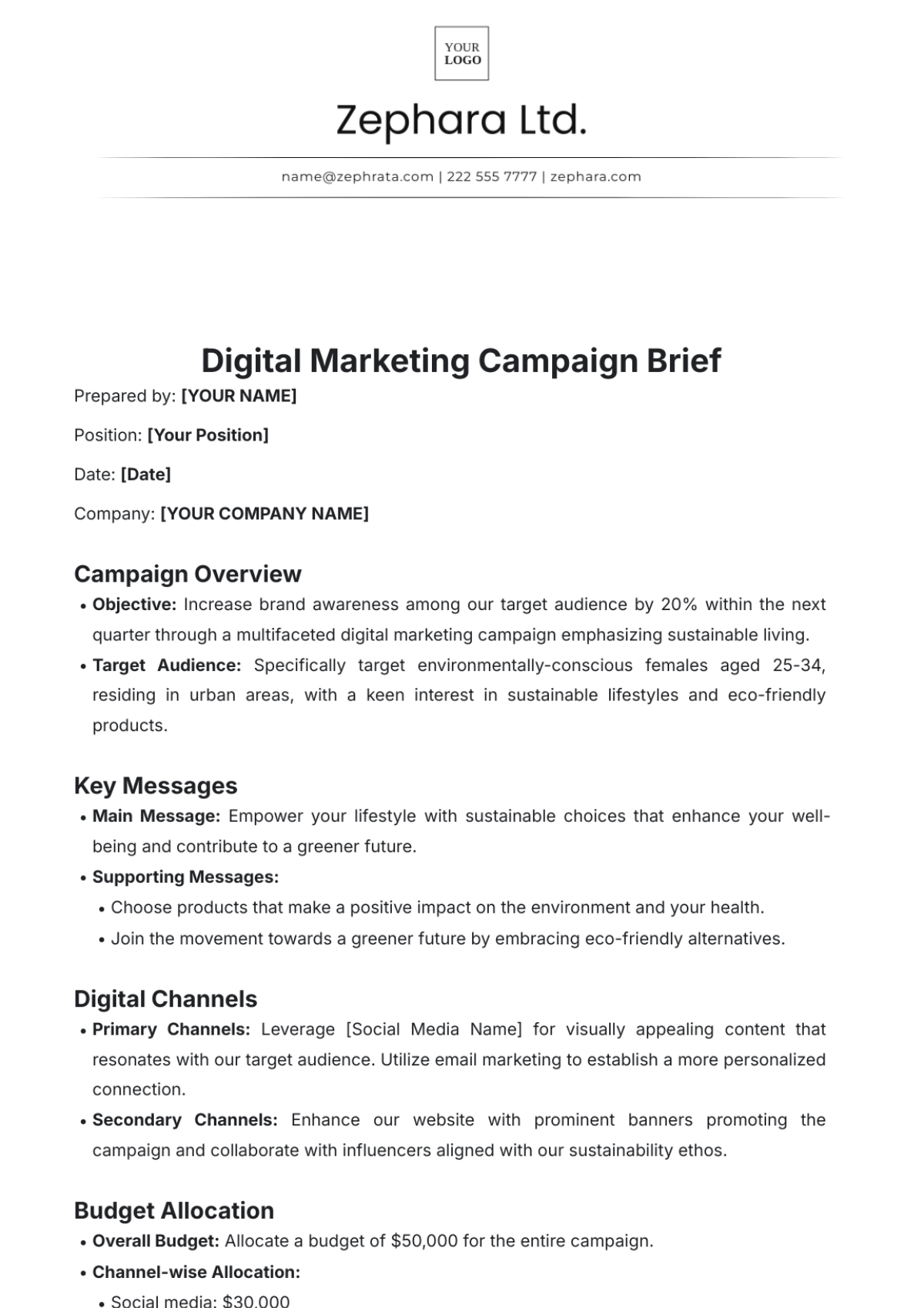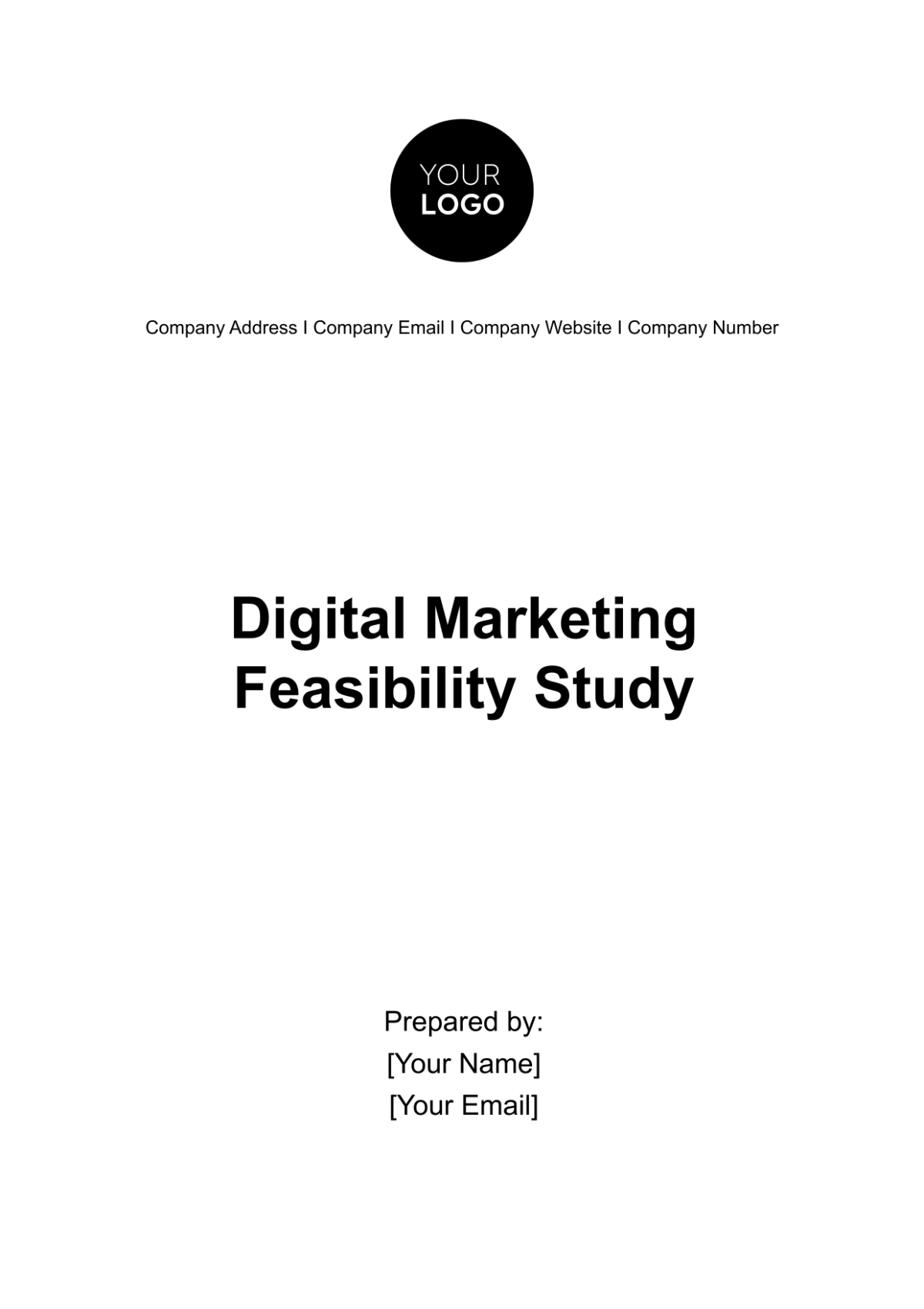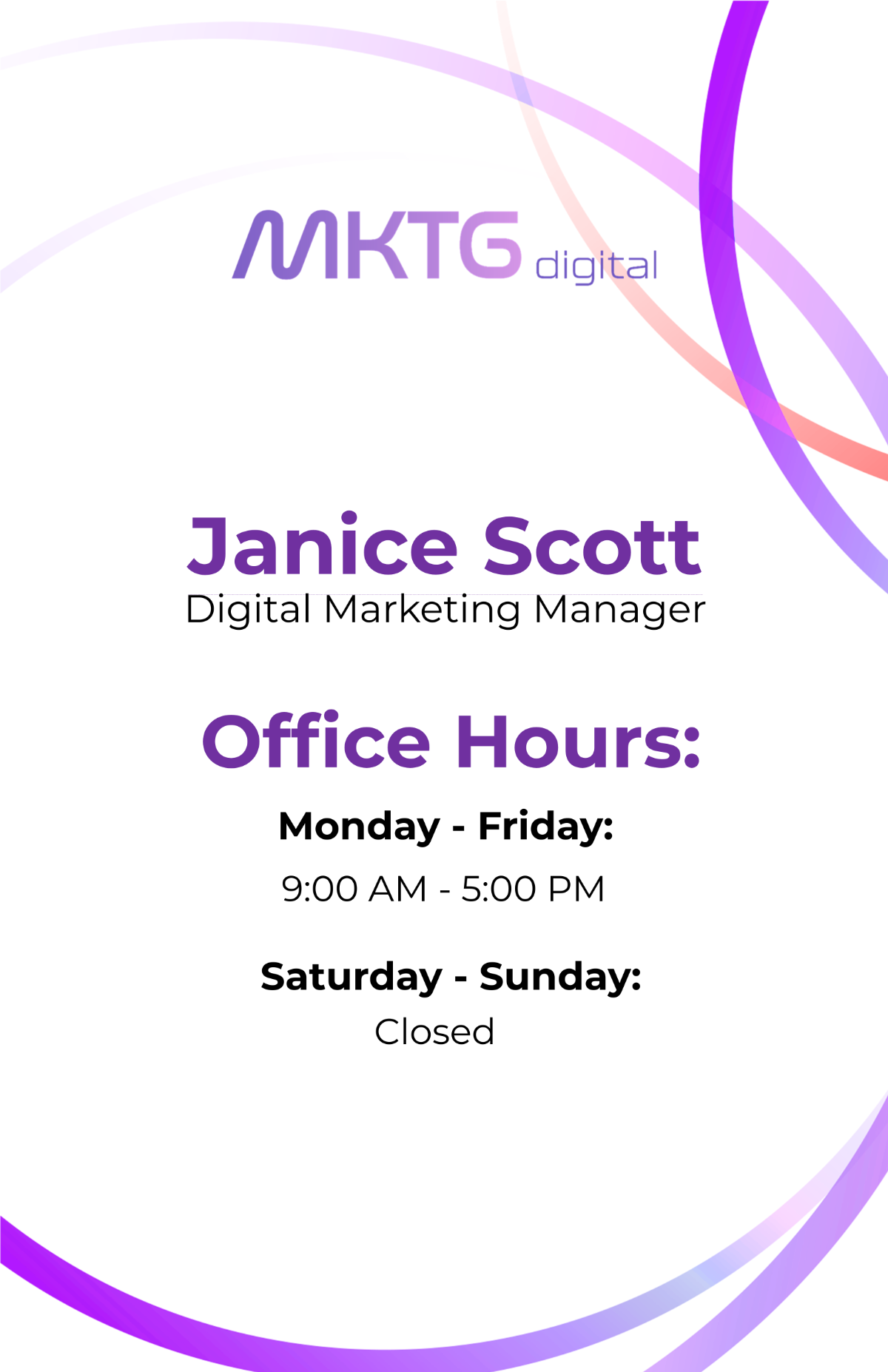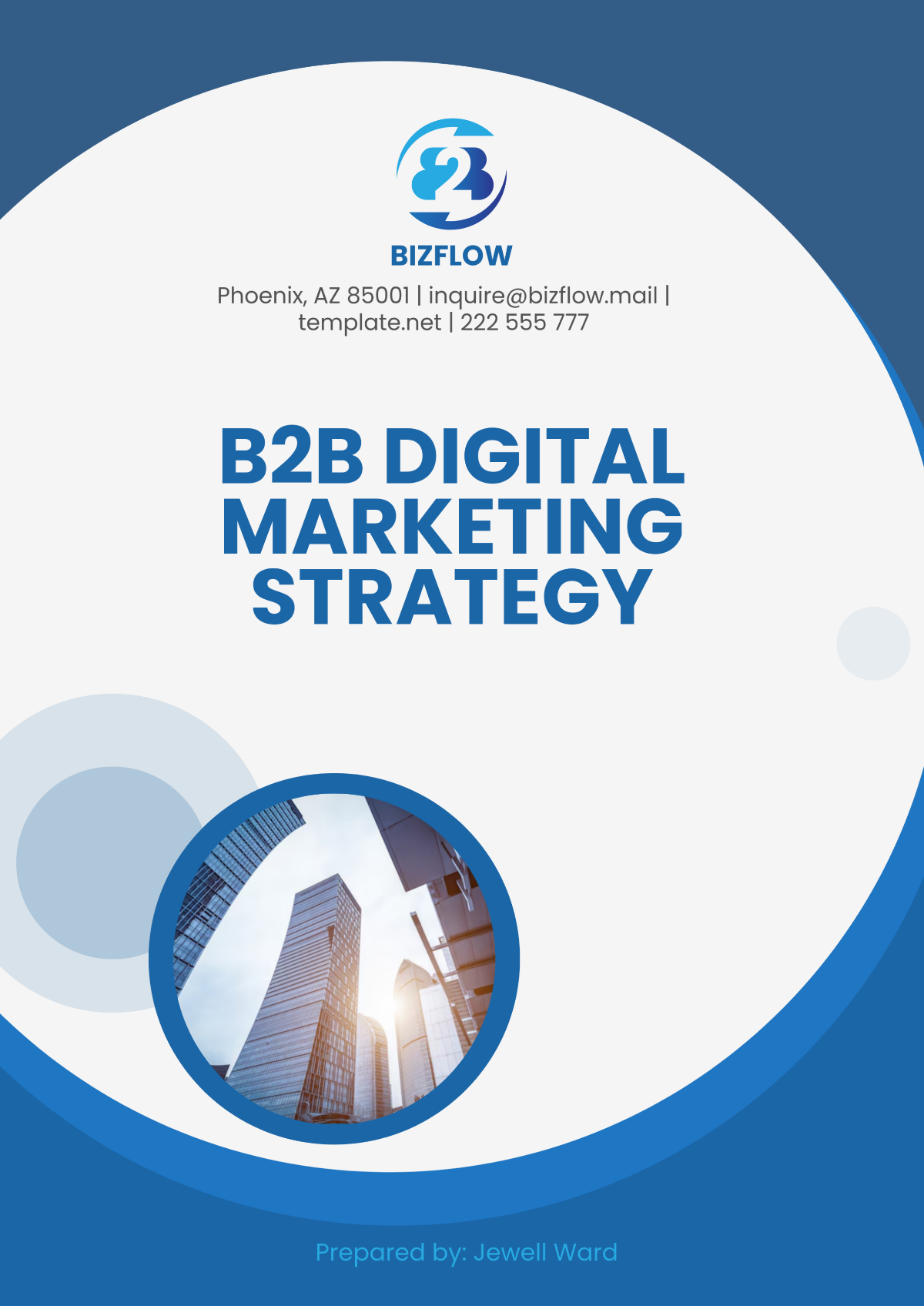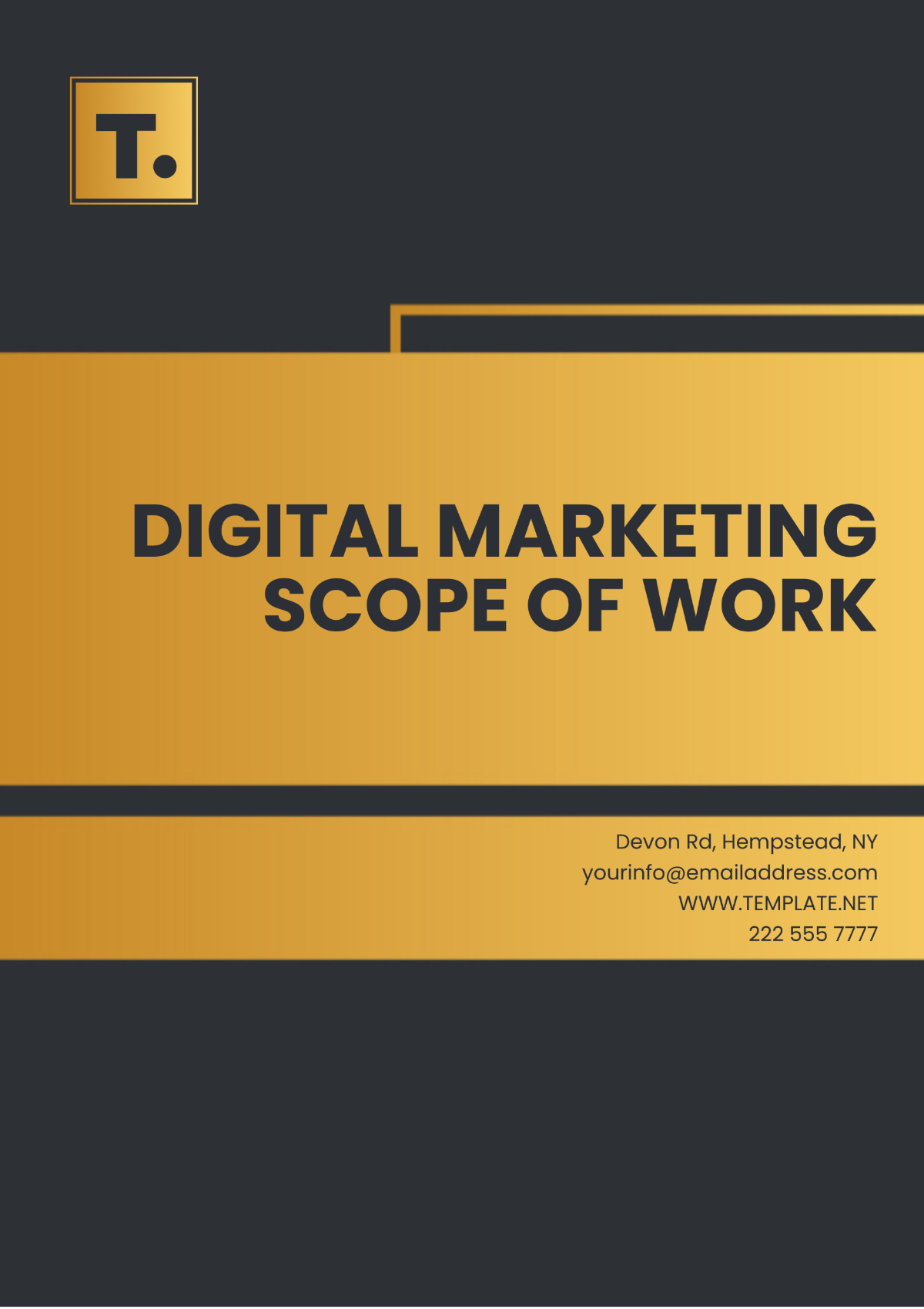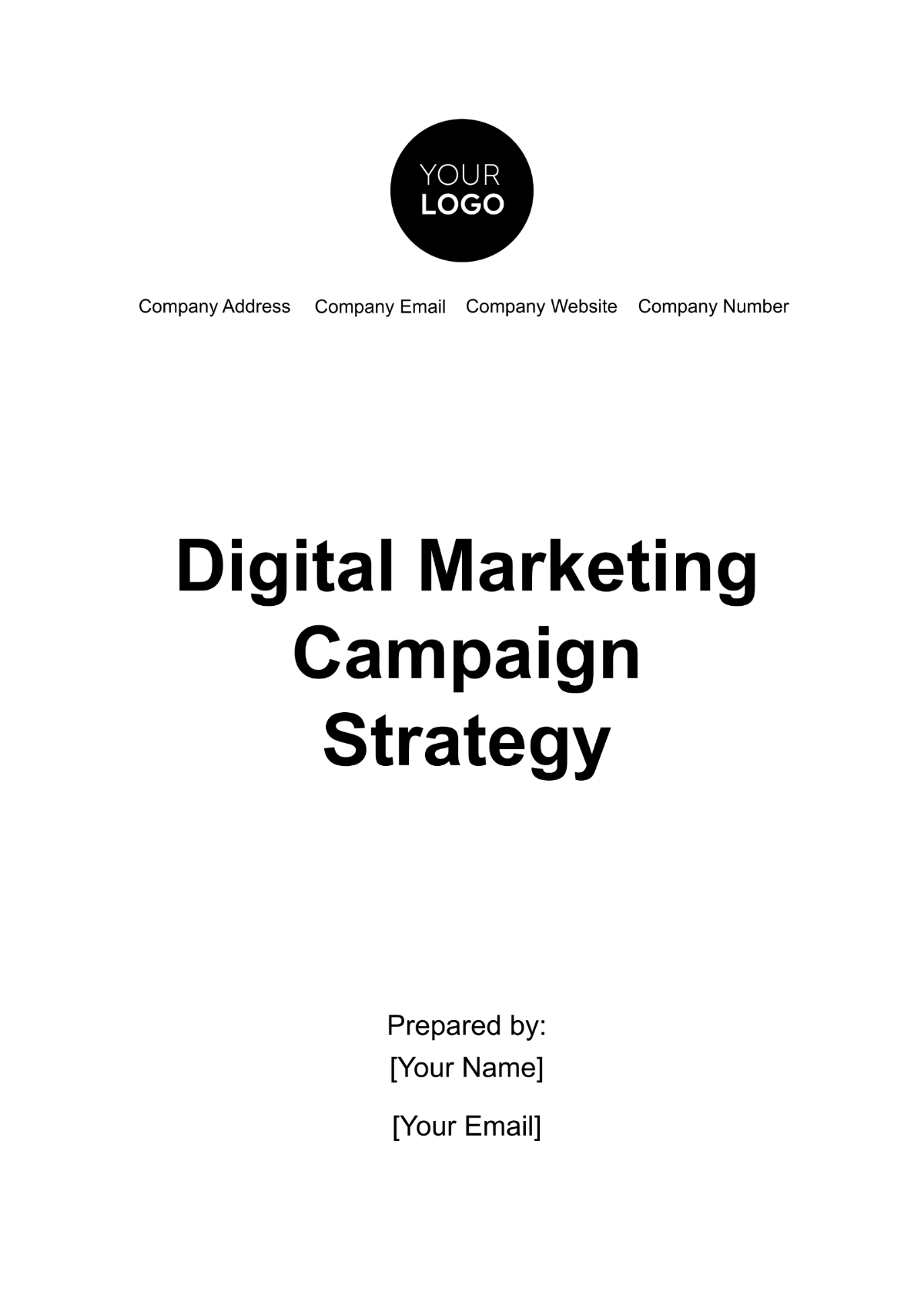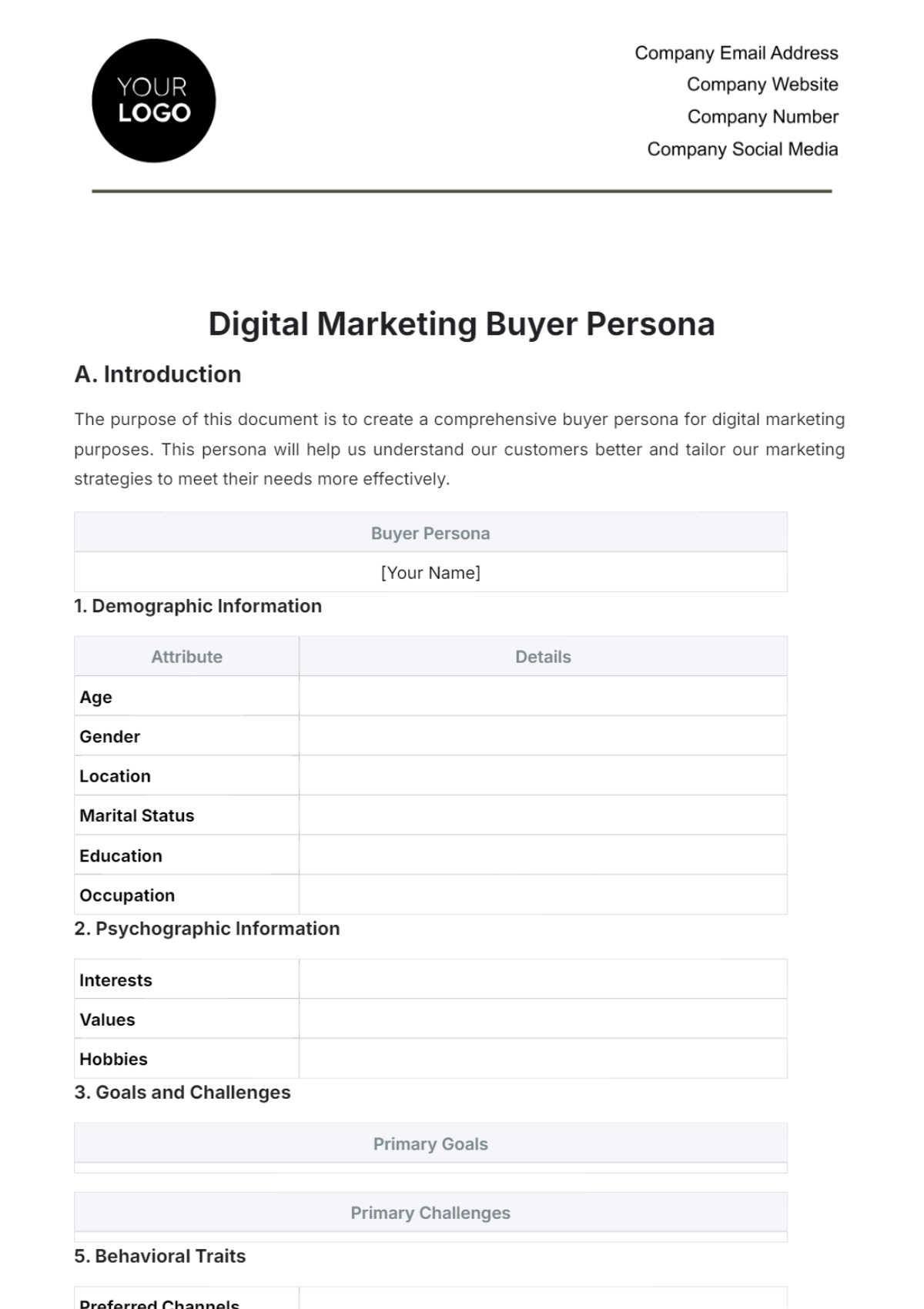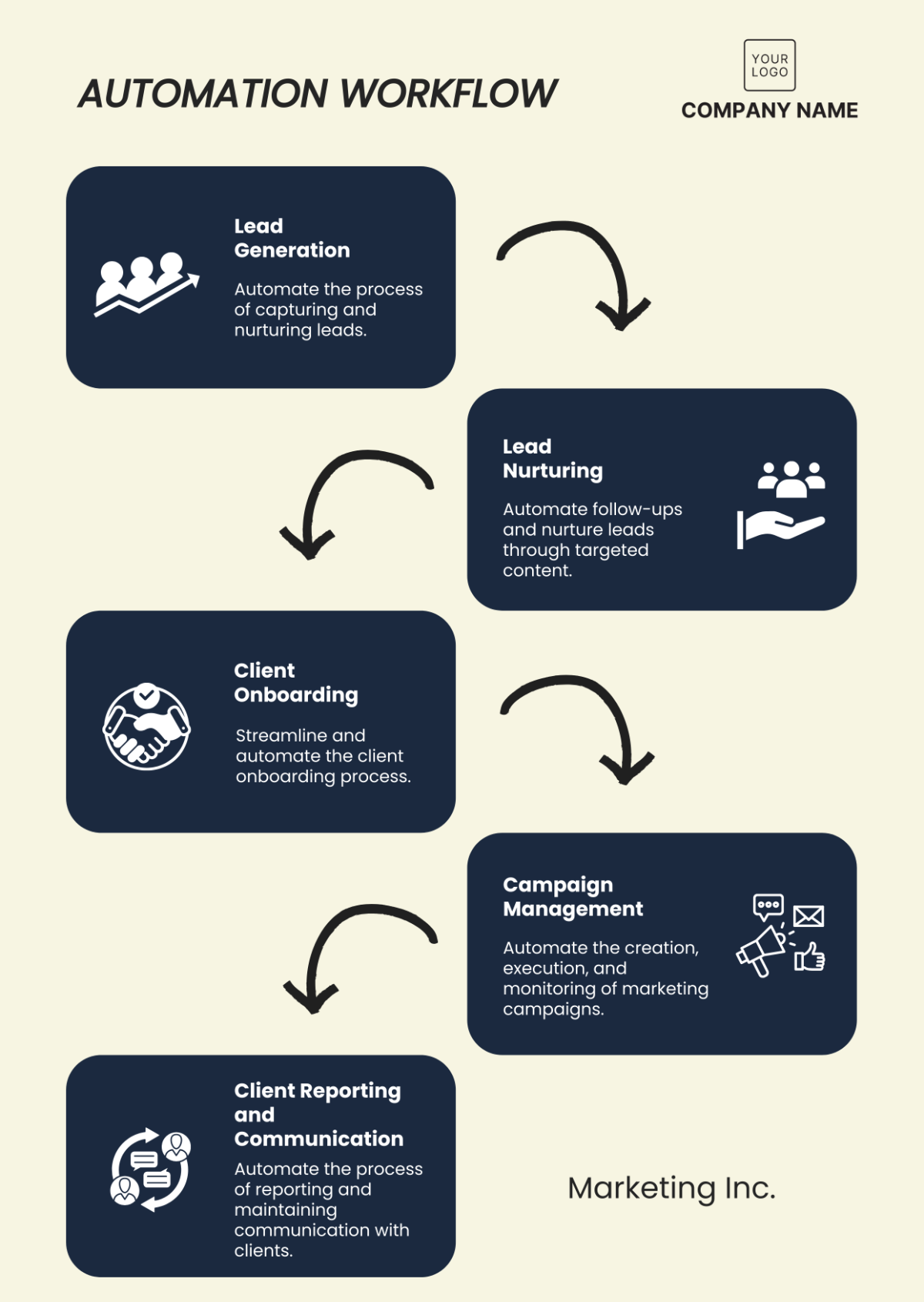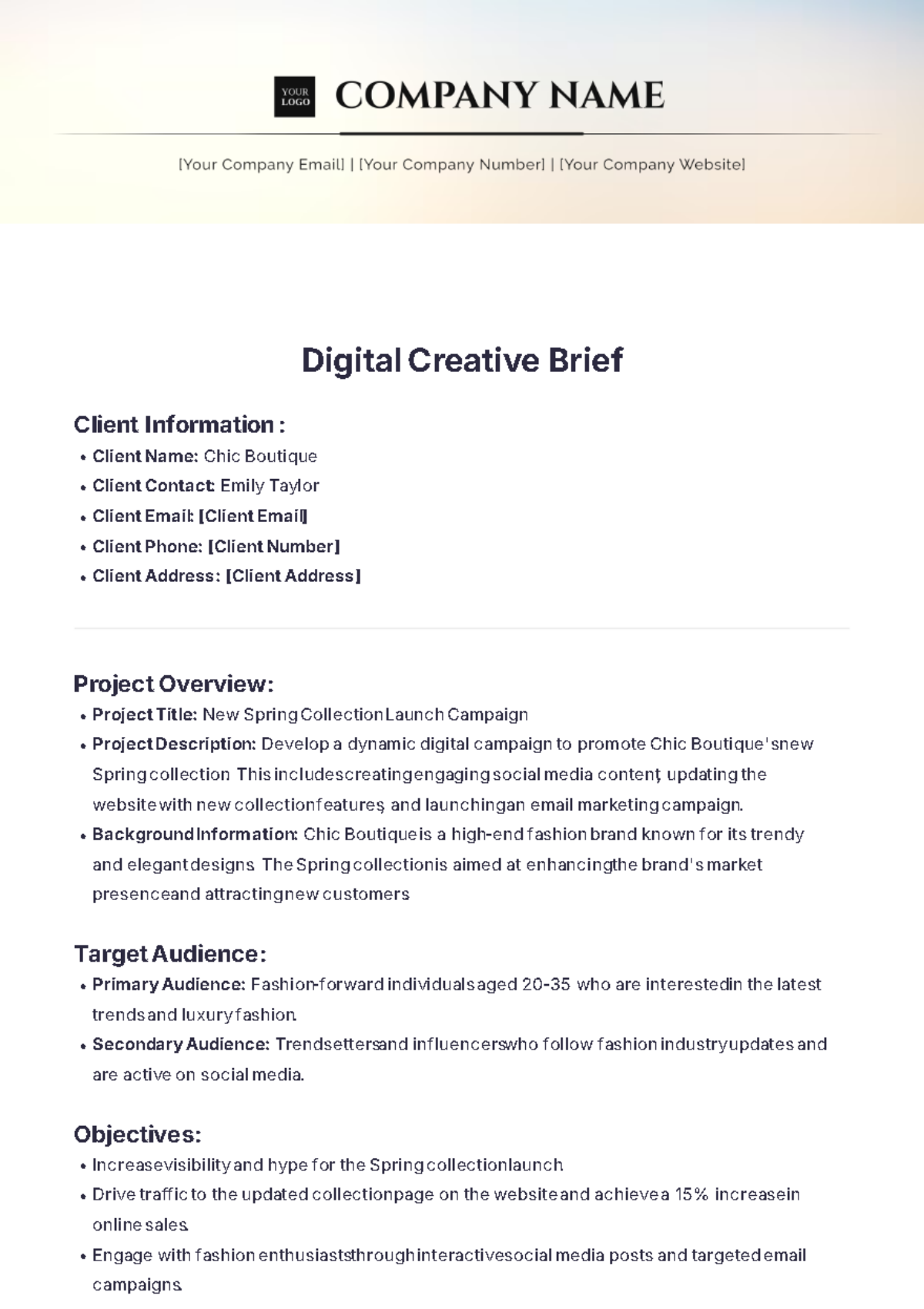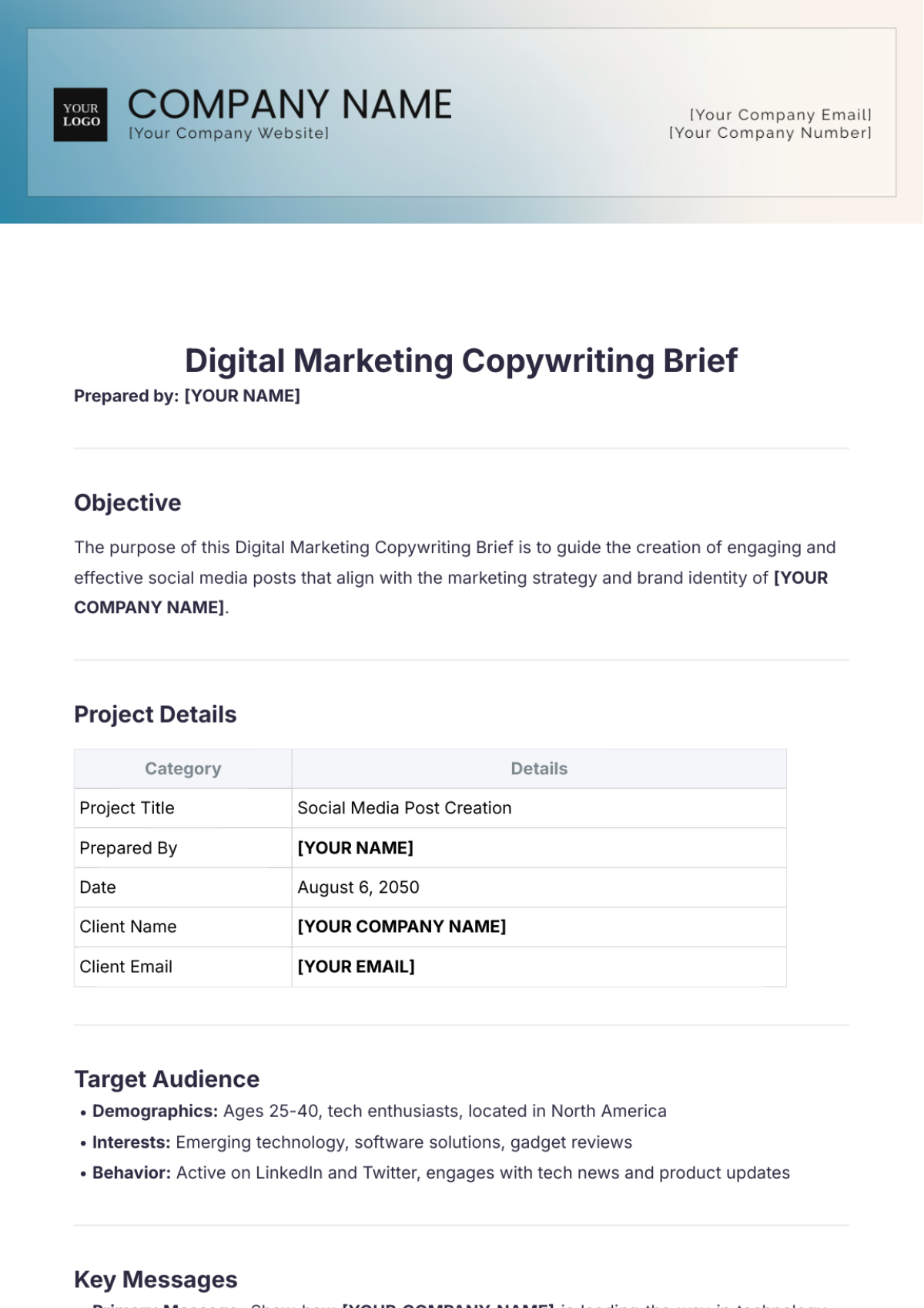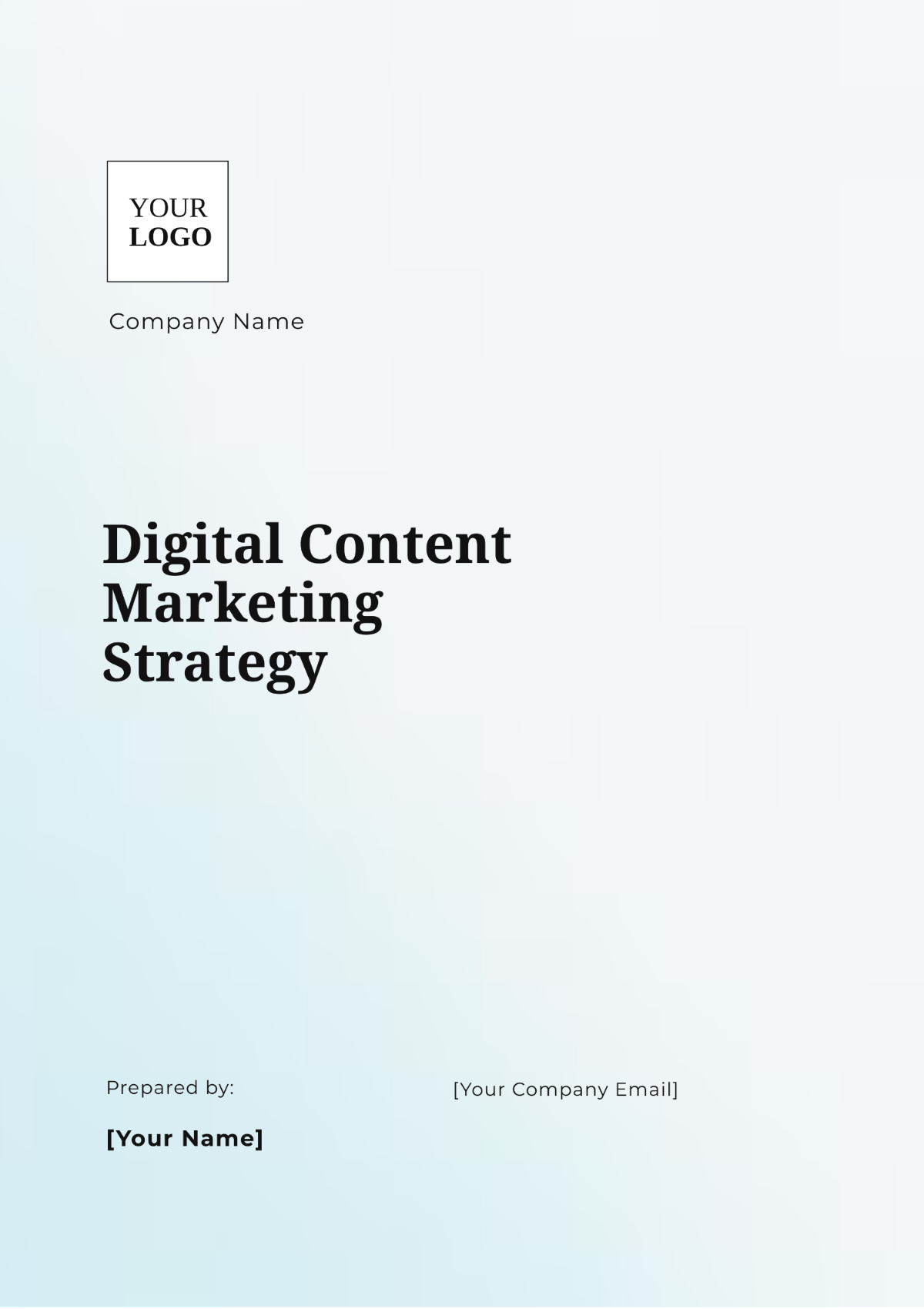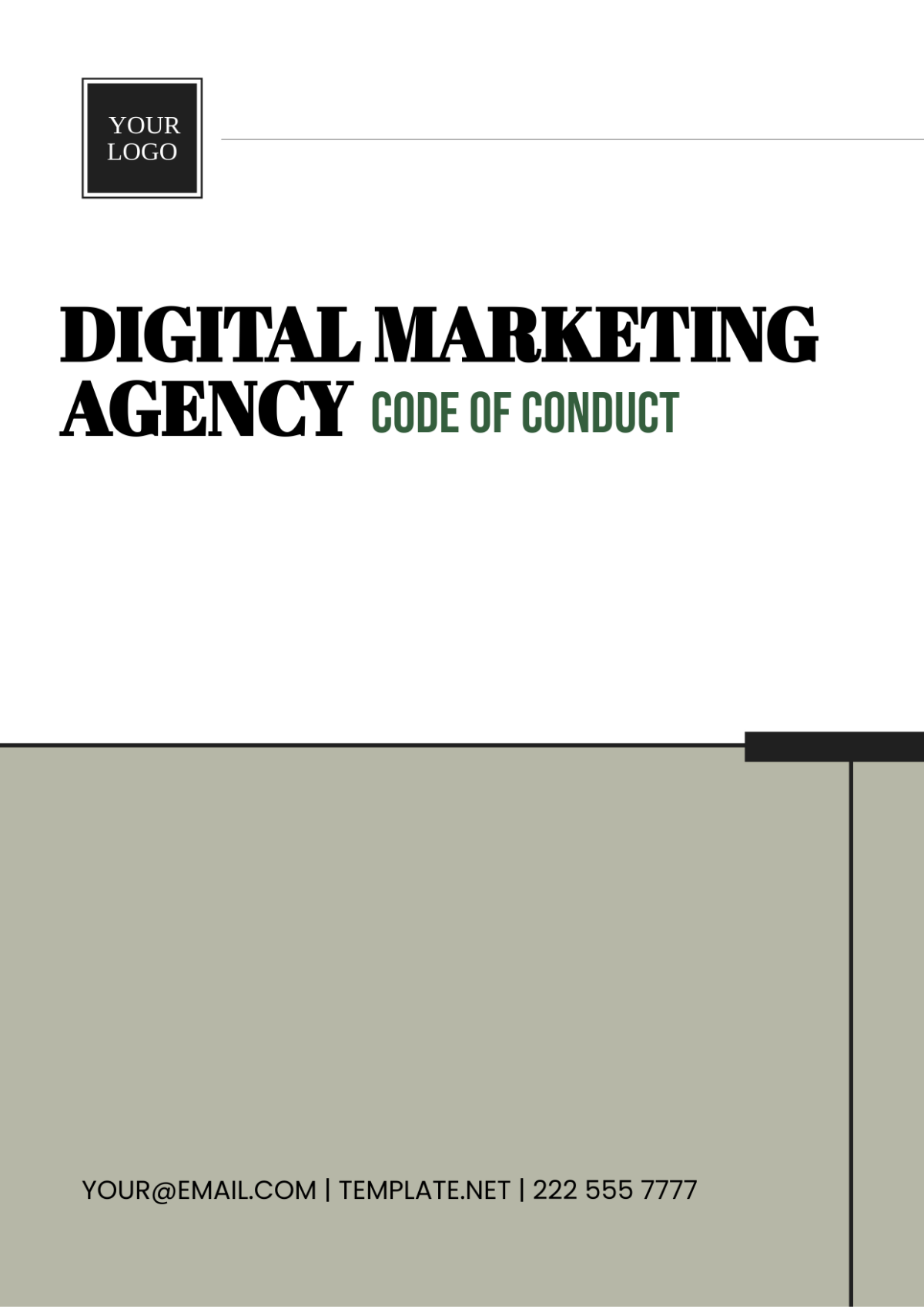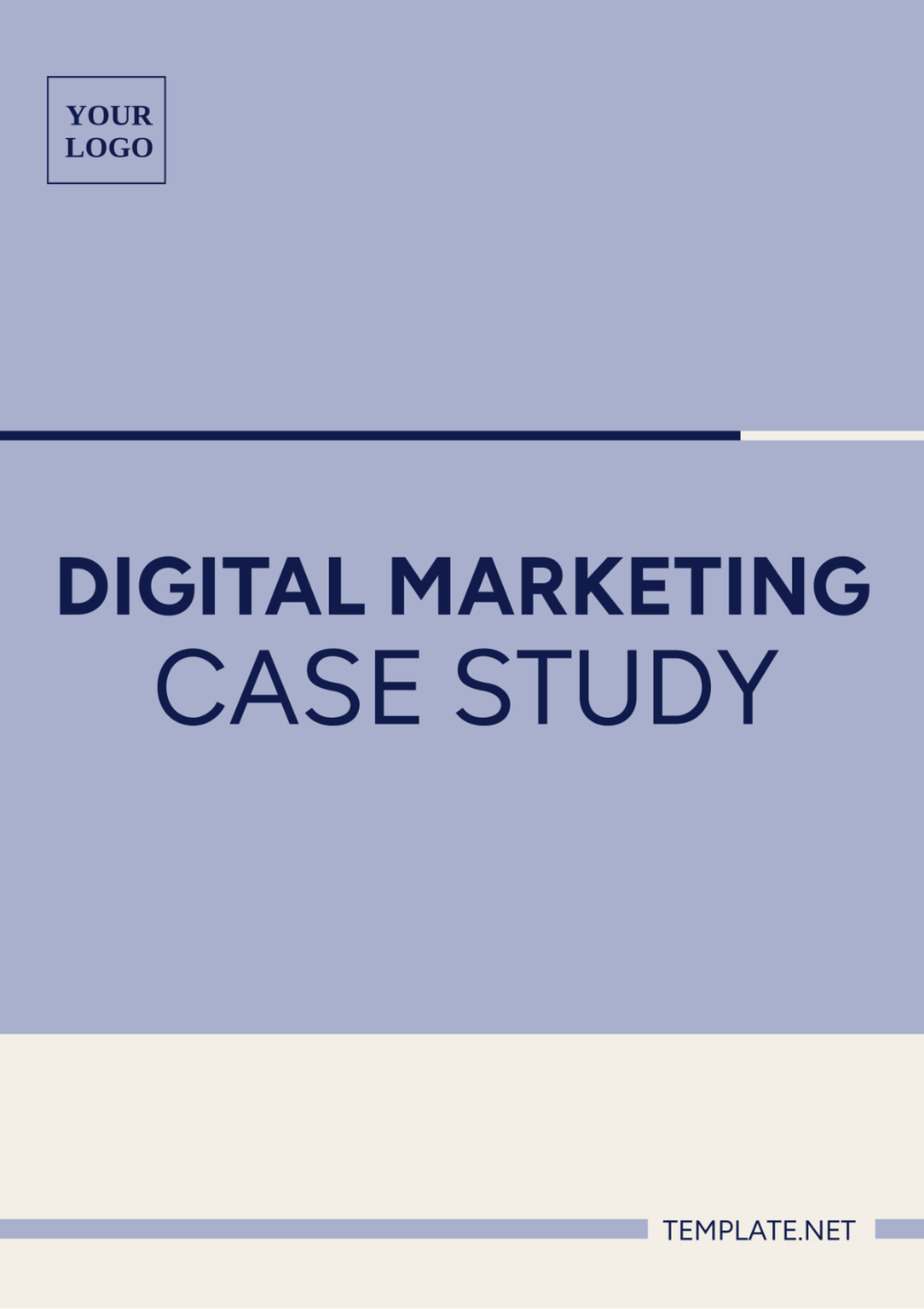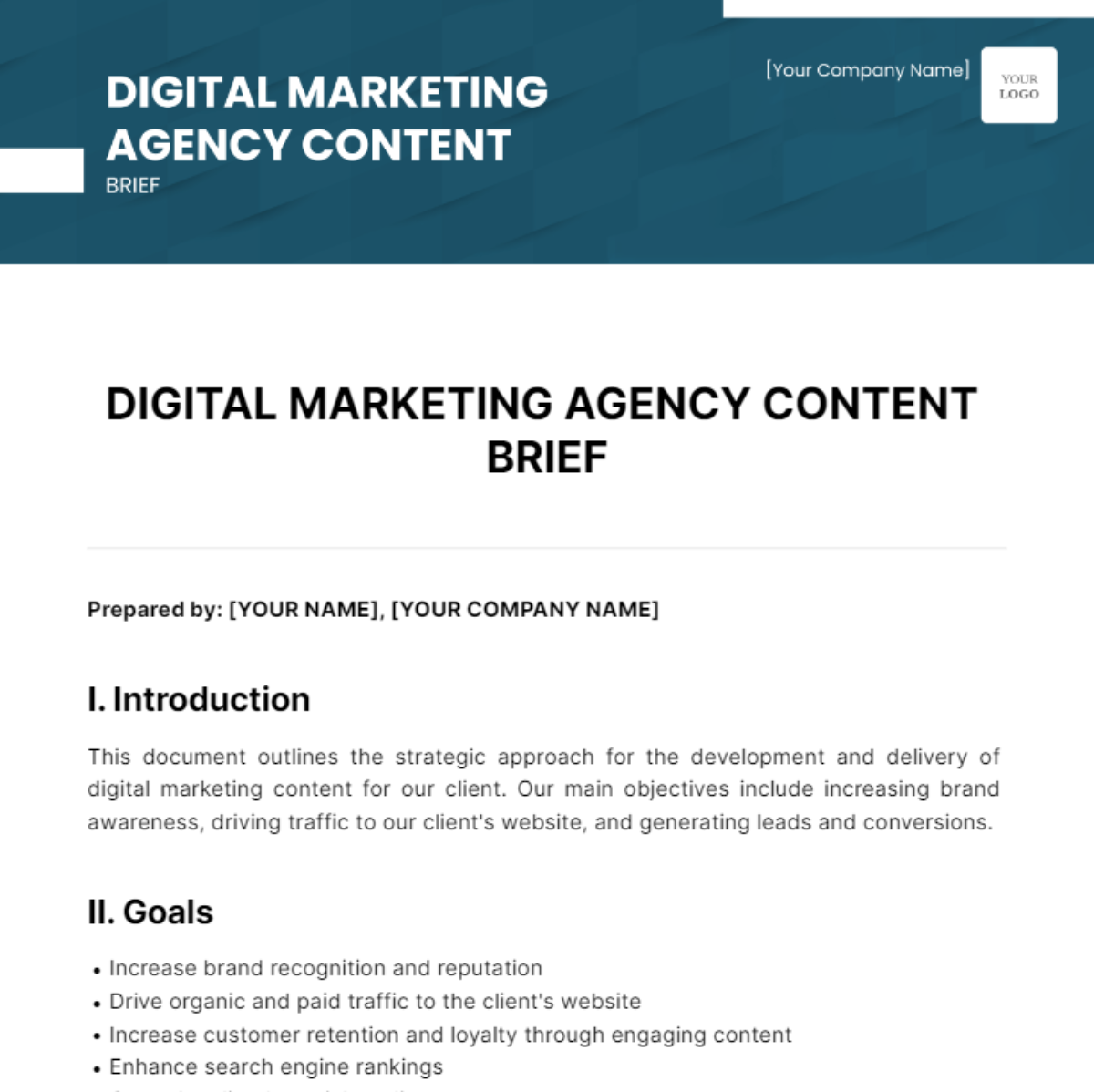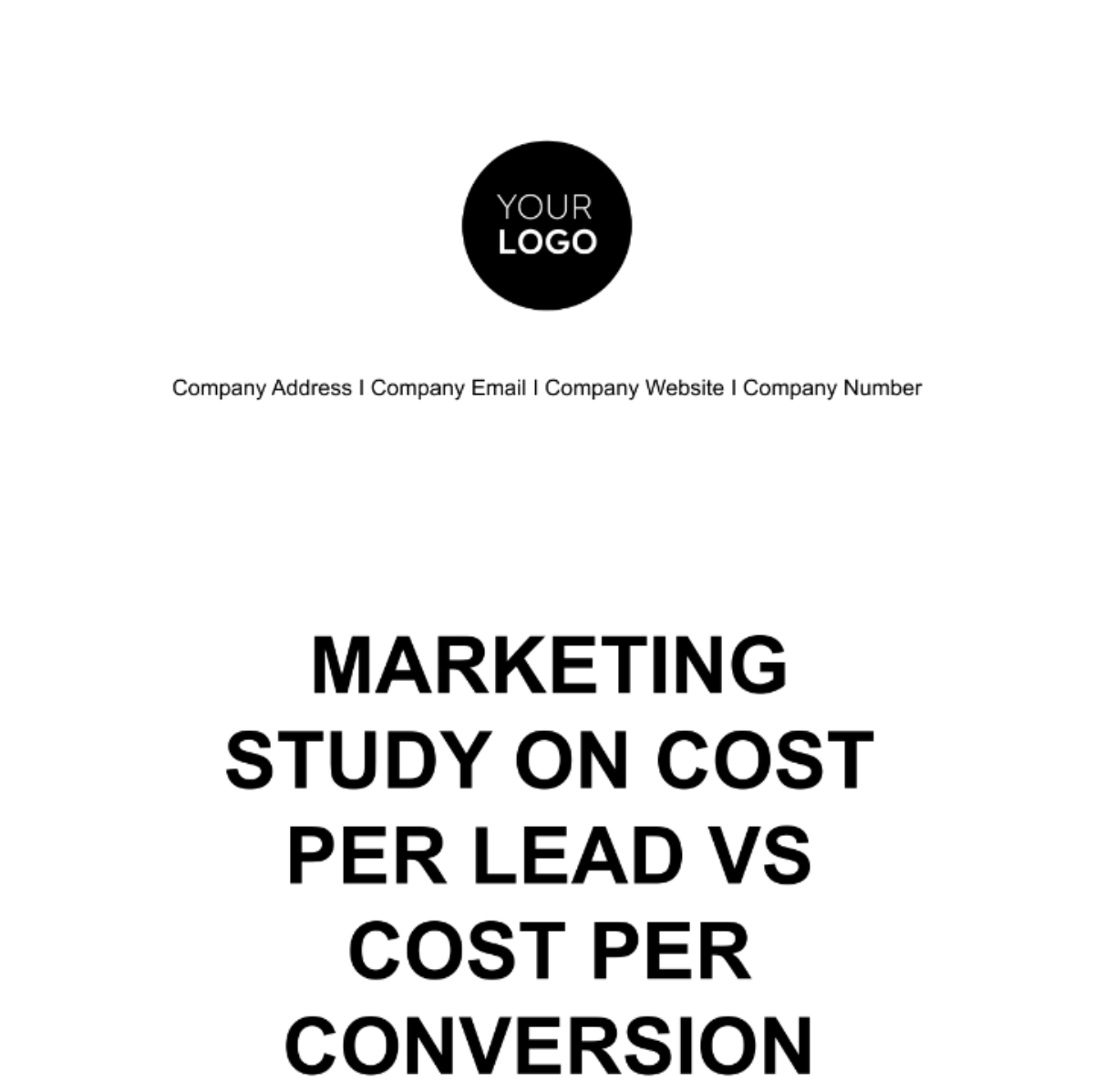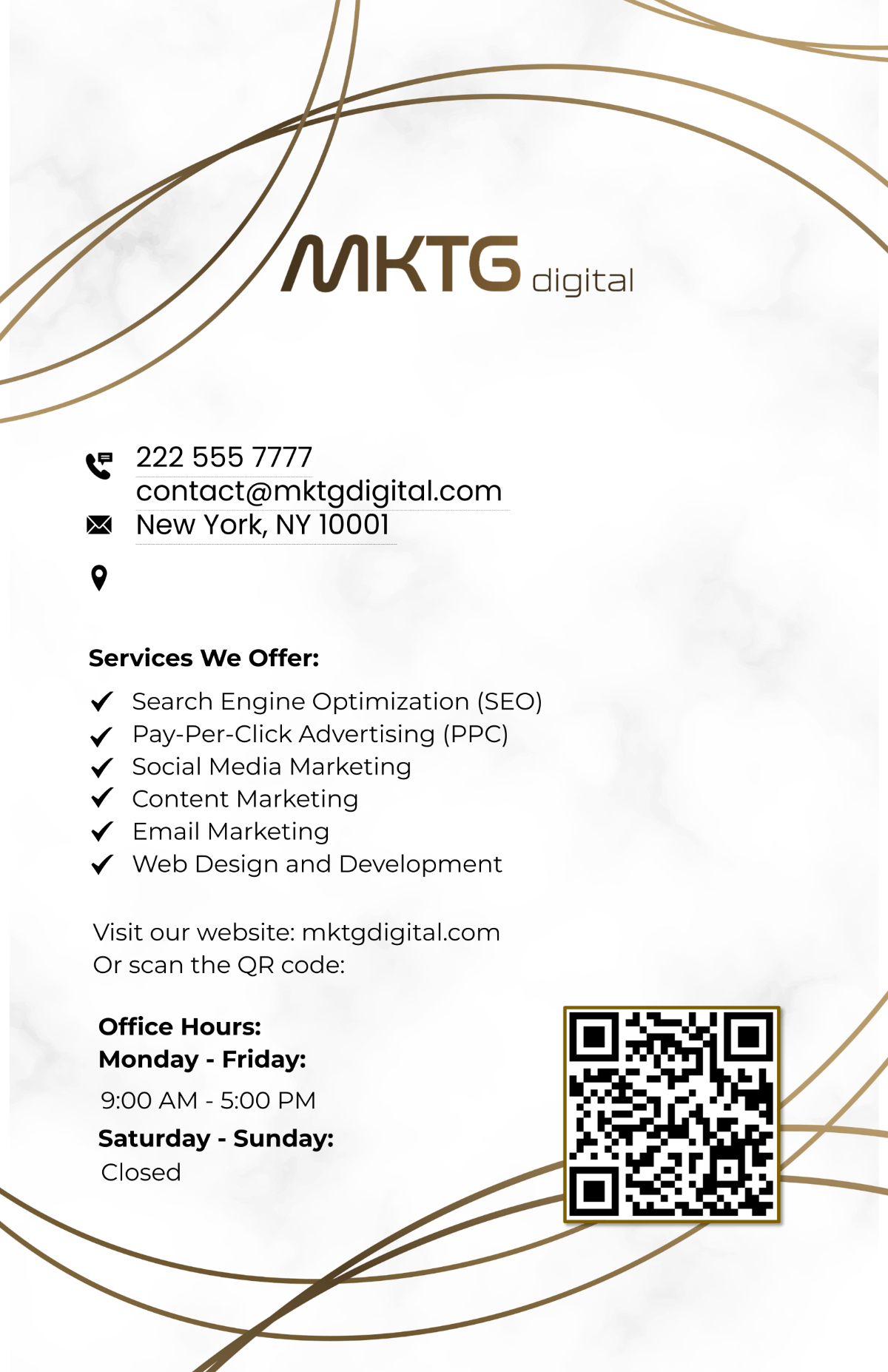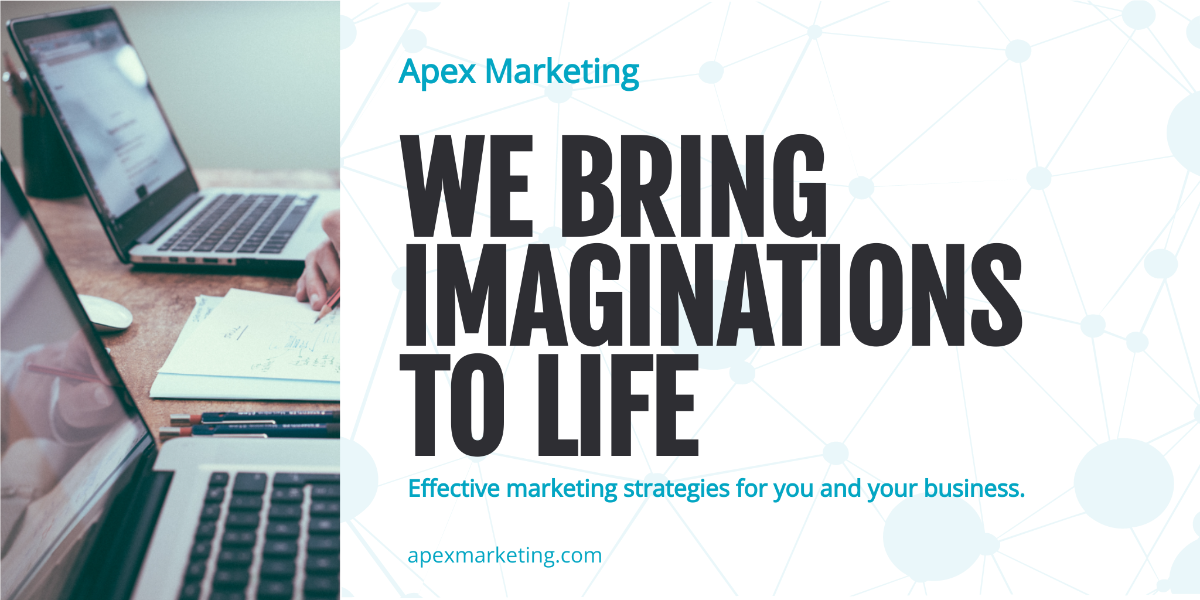Digital Marketing Systematic Review
Prepared By: [Your Name]
I. Introduction
Digital marketing has revolutionized how businesses interact with their consumers. Rapid technological advancements and the widespread use of the internet have provided marketers with unprecedented capabilities to reach their target audiences. This systematic review explores the multiple facets of digital marketing, including its key strategies, tools, benefits, and challenges.
II. Key Strategies in Digital Marketing
Digital marketing encompasses various strategies designed to enhance business visibility, engagement, and conversions. Some of the principal strategies include:
1. Search Engine Optimization (SEO)
Improving website content and structure to rank higher on search engine results pages, driving organic traffic.
2. Content Marketing
Creating valuable, relevant content to attract, engage, and retain the target audience, often leading to conversions.
3. Social Media Marketing
Utilizing social media platforms like Facebook, Instagram, and Twitter to promote products, services, or brands, increasing reach and engagement.
4. Email Marketing
Employing targeted email campaigns to nurture leads, provide value, and maintain regular communication with customers.
5. Pay-Per-Click Advertising (PPC)
Running paid ads on platforms like Google Ads or social media to drive traffic and conversions, only paying when the ad is clicked.
6. Influencer Marketing
Partnering with influencers to reach specific audience segments or increase exposure to larger audiences by leveraging their credibility.
III. Tools and Technologies
Various tools and technologies have been developed to help digital marketers execute their strategies more efficiently. Notable tools include:
1. Google Analytics
A robust tool for tracking website traffic and analyzing user behavior, offering insights into how visitors interact with a site.
2. SEMrush
A comprehensive software suite that aids in SEO, PPC, and content marketing efforts, helping businesses improve their online visibility.
3. Hootsuite
A social media management platform that allows users to schedule, monitor, and analyze social media posts from multiple platforms.
4. MailChimp
A leading email marketing platform that helps businesses create, send, and analyze email campaigns with ease.
5. Canva
An intuitive graphic design tool that enables users to create engaging visual content for social media, blogs, and other marketing purposes.
IV. Benefits of Digital Marketing
Digital marketing provides several advantages over traditional marketing approaches. These benefits include:
1. Cost-Effectiveness
Compared to traditional advertising methods, digital marketing campaigns can be more affordable, providing high returns on investment.
2. Measurability
Digital tools offer precise tracking and reporting, enabling marketers to measure the performance of campaigns and optimize them for better results.
3. Targeted Reach
Marketers can target specific demographics, interests, and behaviors, ensuring that their messages are relevant and more likely to resonate.
4. Enhanced Engagement
Digital platforms allow direct interaction with consumers, facilitating two-way communication and fostering greater engagement and loyalty.
5. Improved Conversion Rates
With tailored strategies, digital marketing efforts often result in higher conversion rates by delivering more relevant content to potential customers.
V. Challenges in Digital Marketing
While digital marketing offers numerous opportunities, it also presents some challenges:
1. Rapidly Changing Technology
The digital landscape evolves quickly, requiring marketers to stay updated and adapt to new tools, platforms, and trends continuously.
2. Data Privacy Regulations
Marketers must comply with strict data privacy regulations like the GDPR, which can be complex and require diligent management.
3. High Competition
The digital space is highly competitive, with businesses vying for attention, making it crucial to employ innovative strategies to stand out.
4. Content Saturation
With the vast amount of content online, it is increasingly difficult for individual pieces to capture attention and generate meaningful engagement.
5. Dependence on Algorithms
Algorithm changes on platforms like Google and Facebook can drastically impact a business’s visibility, often necessitating quick adaptations.
VI. Conclusion
Digital marketing is a fundamental component of modern business strategy. Despite the challenges, its wide array of strategies, tools, and benefits make it a powerful medium for achieving marketing goals. Continual learning, adaptation, and innovation are critical to leveraging digital marketing effectively in today’s fast-changing digital environment.
